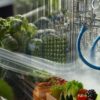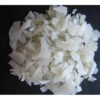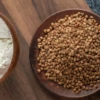 Food Manifest
Food Manifest
The house of resource for food safety.
food preservation
- Home
- food preservation
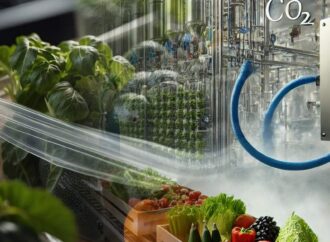
CO₂: The Hidden Hero of Food Safety0
- A to Z, Food Hygiene, Food Safety, Health & Wellness
- June 20, 2025
When we think of food safety, we often focus on cleanliness or cooking temperatures. Yet, carbon dioxide (CO₂) quietly plays a crucial role behind the scenes. Beyond creating fizz in sodas, CO₂ helps preserve freshness, slow spoilage, and keep food safe during transport. It extends the shelf life of packaged meats through modified atmosphere packaging
READ MORE
Why Temperature Matters in Food Storage0
- A to Z
- May 20, 2025
Ever wondered why milk spoils quickly when left out or why meat must be kept in the freezer? It all comes down to temperature. The way we store food—especially the temperature we keep it at—plays a crucial role in food safety, quality, and shelf life. Harmful bacteria thrive at certain temperatures, making food unsafe to
READ MORE
Antimicrobial Coatings: A Game Changer in Food Safety and Shelf Life0
- Food Hygiene, Food Safety, General, Health & Wellness
- May 6, 2025
The food industry prioritizes food safety and longer shelf life. Microbial contamination often causes spoilage and foodborne illnesses, making it a key concern. To address this, manufacturers are using antimicrobial coatings as an innovative solution. These coatings inhibit the growth of harmful microorganisms like bacteria, mold, and fungi. They reduce contamination risks while preserving product
READ MORE
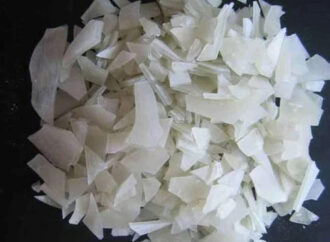
Caustic Potash (KOH): A Versatile Compound with Crucial Roles in Food and Industry0
- A to Z, Food Safety, General, Health & Wellness
- January 15, 2025
Caustic potash, or potassium hydroxide (KOH), serves as an indispensable compound with wide-ranging applications, particularly in the food industry. Its strong alkaline properties allow it to regulate pH levels, stabilize food products, and maintain hygienic production processes. Manufacturers produce KOH by electrolyzing potassium chloride, and regulators, including the FDA and FSSAI, recognize it as a
READ MORE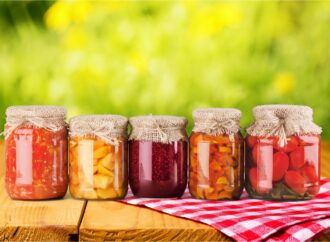
Food Preservation by Canning: A Timeless Method0
- A to Z, Food Safety, General, Health & Wellness
- January 8, 2025
Food waste grows in today’s fast-paced world, with fresh produce often spoiling before people can consume it. Storing food for extended periods while maintaining its freshness presents a major challenge. This causes significant food loss and contributes to environmental problems and rising costs. Canning offers an effective solution by preserving food for months or even
READ MORE



